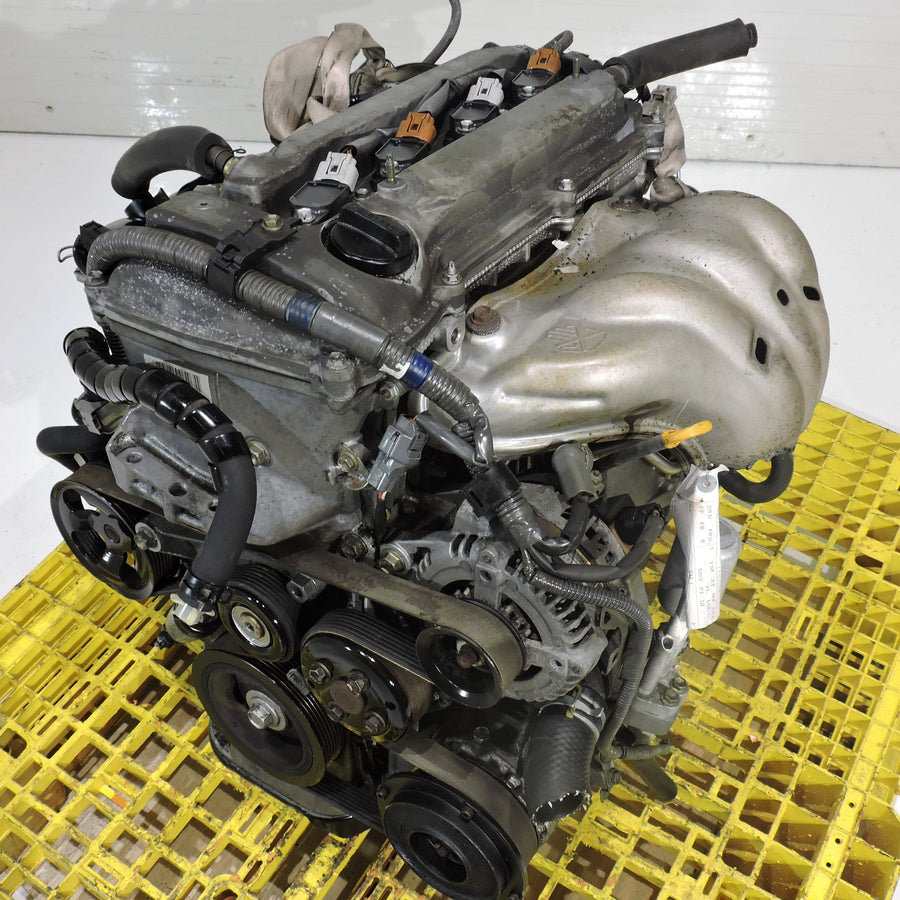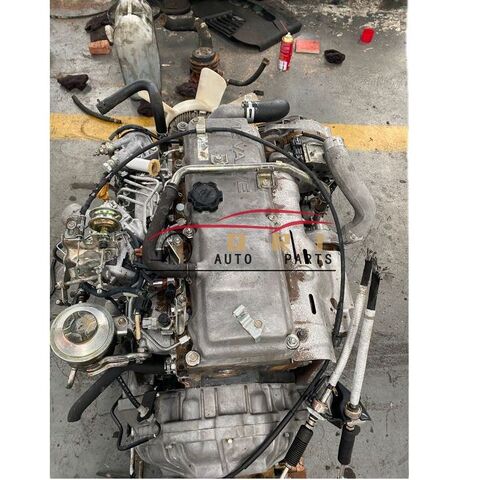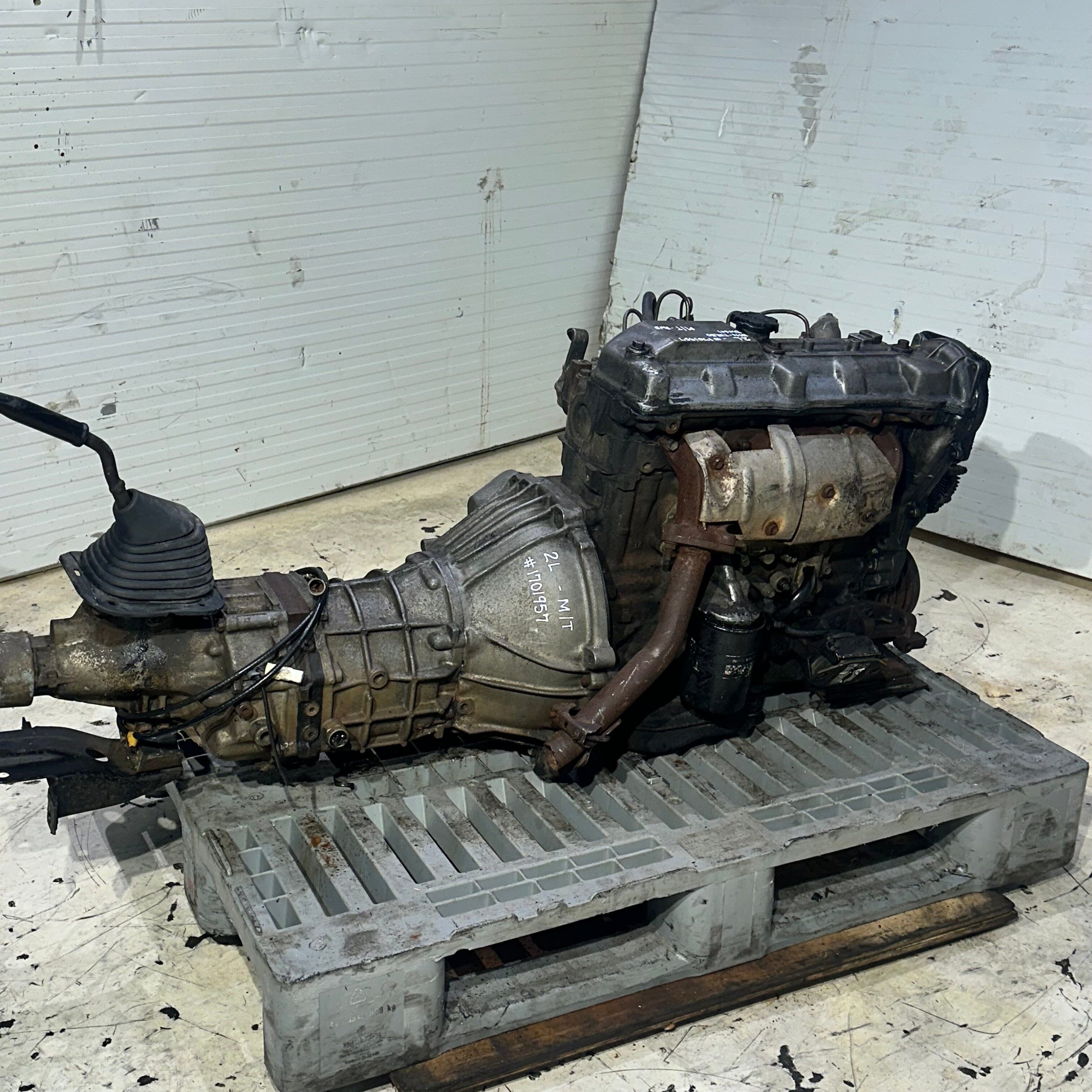Why the Toyota RunX RSI Stands Apart Among Compact Cars
Why the Toyota RunX RSI Stands Apart Among Compact Cars
Blog Article
Explore Quality and Worth: Your Guide to Buying a 2nd Hand Engine
When thinking about the acquisition of a second-hand engine, comprehending the elaborate equilibrium between high quality and worth is vital. An extensive assessment of engine problem, background, and dependability is necessary to ensure an audio investment.
Understanding Engine Kind
When considering the acquisition of a pre-owned engine, comprehension of the numerous engine kinds is important for making a notified decision. Engines can typically be classified right into 2 major types: internal burning engines and electrical engines.
On the various other hand, electrical engines make use of electrical energy saved in batteries to power the vehicle, providing a cleaner choice with fewer moving parts and minimized maintenance needs. Within these classifications, there are even more differences, such as two-stroke versus four-stroke inner burning engines, and various electric motor arrangements.
Recognizing these differences is vital, as they impact performance, compatibility with existing lorry systems, and long-term operational expenses. By acquainting oneself with the various sorts of engines offered, prospective customers can much better analyze their demands and make choices that line up with their vehicle's requirements and their personal preferences.

Reviewing Engine Problem
An extensive evaluation of engine condition is critical for anyone considering the acquisition of a pre-owned engine. Begin with an aesthetic assessment; look for indicators of oil leakages, deterioration, or any physical damages to the engine block. A tidy engine is often indicative of good maintenance methods, while too much grime might suggest overlook.
Next, evaluate the engine's components, including the timing belt, gaskets, and seals. Try to find wear and tear, as these parts can be pricey to replace. Furthermore, examine the engine places, as damaged installs may lead to resonances and more mechanical issues.
A compression test is necessary to gauge inner engine health and wellness. Consistent compression throughout all cylinders shows a well-maintained engine, whereas substantial discrepancies might direct to interior damage or wear.
Paying attention to the engine throughout a startup can give useful understandings; any kind of unusual sounds, such as knocking or rattling, may recommend much deeper problems. Ultimately, if possible, demand a trial run to examine efficiency under load. By thoroughly evaluating these elements, potential buyers can make educated choices and secure a high quality used engine.
Checking Engine Background
Comprehending the engine's history is crucial for making a well-informed purchase. Expertise of previous use, maintenance records, and any previous problems can significantly influence the engine's dependability and durability. Beginning by asking for the lorry identification number (VIN) or engine serial number, which enables you to map the engine's background.
Use offered sources, such as Carfax or AutoCheck, to get an automobile history report. This record will provide vital understandings, consisting of mishap background, service records, and previous possession details. Toyota RunX RSI. Pay specific attention to any type of signs of severe damage or repeated repair work, which may show underlying concerns
Inquire regarding maintenance routines carried out on the engine. Normal oil changes, timing belt replacements, and various other preventative measures mirror liable possession. Additionally, ask if the engine has actually undergone any kind of adjustments, as non-standard changes can affect performance and compatibility with your car.
Lastly, ideally, look for confirmation from a trusted auto mechanic that can assess the engine's condition based on its history (Toyota RunX RSI). This complete investigation will aid you avoid possible pitfalls and make certain that your investment is sound and beneficial
Warranty and Return Plans
Purchasing a pre-owned engine usually comes with varying warranty and return policies that can significantly influence your choice. When considering a used engine, it is crucial to extensively examine the service warranty options given by the seller.

In addition, respectable sellers typically offer documents that details the warranty and return process, making certain openness. Always request for this details prior to settling your purchase. A well-defined guarantee and return plan can provide comfort and safeguard your investment, making it an integral part of the decision-making procedure when buying a pre-owned engine.
Discovering the most effective Bargains
When seeking the most effective deals on a pre-owned engine, it is crucial to conduct comprehensive research and compare costs from numerous sellers. Begin by exploring on the internet marketplaces, automobile discussion forums, and local salvage lawns to collect a comprehensive understanding of the market. Utilizing cost contrast devices can improve this process, highlighting affordable rates throughout different platforms.

Take into consideration timing your acquisition strategically. Seasonal changes in demand can influence costs, with specific times of the year supplying better bargains. Furthermore, be open to bargaining rates; several sellers may want to reduce their asking cost, particularly if the engine has been noted for an extensive period.
Final Thought
In recap, acquiring a pre-owned engine requires a comprehensive analysis of high quality and value. Assessing engine condition with assessments and tests, verifying its background, and recognizing guarantee and return plans are vital actions. Additionally, comparing costs throughout numerous sellers ensures the most effective economic choice. By sticking to these standards, buyers can enhance their chances of obtaining a reputable engine that fulfills their demands while preventing potential risks related to used purchases.
When considering the acquisition of a used engine, understanding of the different engine types is crucial for making a notified decision. Engines can typically be classified into two major kinds: inner burning engines and electric engines. Gasoline engines are commonly lighter and rev higher, making them ideal for performance lorries, while diesel engines are renowned for their torque and fuel effectiveness, frequently favored here are the findings in heavy-duty applications.
A thorough examination of engine problem is paramount for anybody considering the acquisition of a used engine. Begin by requesting the vehicle recognition number (VIN) or engine serial number, which permits next you to trace the engine's background.
Report this page